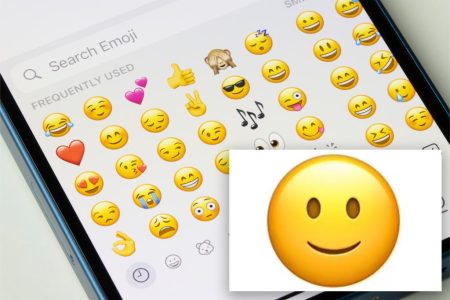The act of responding to a text message with a simple “sure” has sparked controversy among people, with many interpreting it as passive-aggressive or uncertain, especially when plans to hang out are involved. One New York City comedian shared a text exchange with her brother as an example of this phenomenon, explaining that a “sure” response can feel dismissive or unenthusiastic. The feeling of vulnerability when inviting someone to hang out makes receiving a “sure” response particularly disappointing.
The debate over the use of “sure” in text messages has been ongoing, with some arguing that the word simply signifies certainty and is equivalent to saying “yes.” However, others disagree, noting that language has evolved and that “sure” can carry different connotations based on context and tone. Some individuals admitted to using “sure” in a sarcastic or unenthusiastic manner, suggesting that they may not be fully invested in the conversation or activity being discussed.
Sociolinguist Cynthia Gordon from Georgetown University explained that “sure” can have an indecisive or hesitant quality, similar to using a period to end a message or simply typing the letter “k.” She suggested that using more cheerful punctuation or providing a more detailed response could convey more genuine enthusiasm than a bare “sure.” Younger generations, in particular, may expect more enthusiasm in responses to social invitations, viewing a plain “sure” as lacking excitement or interest.
Gordon also emphasized the importance of considering the impact of one’s response on social interactions, particularly when making plans with others. A lackluster “sure” response may not meet the expectations of someone extending an invitation, who may be hoping for a more enthusiastic or positive reaction. Adding an exclamation point to a “sure” response can change the tone significantly, suggesting a more genuine expression of enthusiasm or excitement about the proposed activity.
Overall, the use of “sure” in text messages remains a subject of debate, with opinions varying on its meaning and implications. While some argue that “sure” is a straightforward affirmation of certainty, others interpret it as lacking enthusiasm or assertiveness. Considering the potential impact of one’s response on social interactions and relationships, using more expressive language or punctuation could help convey genuine interest and enthusiasm in response to invitations or suggestions. Ultimately, the perception of “sure” as a response is influenced by individual communication styles, tone, and context.














